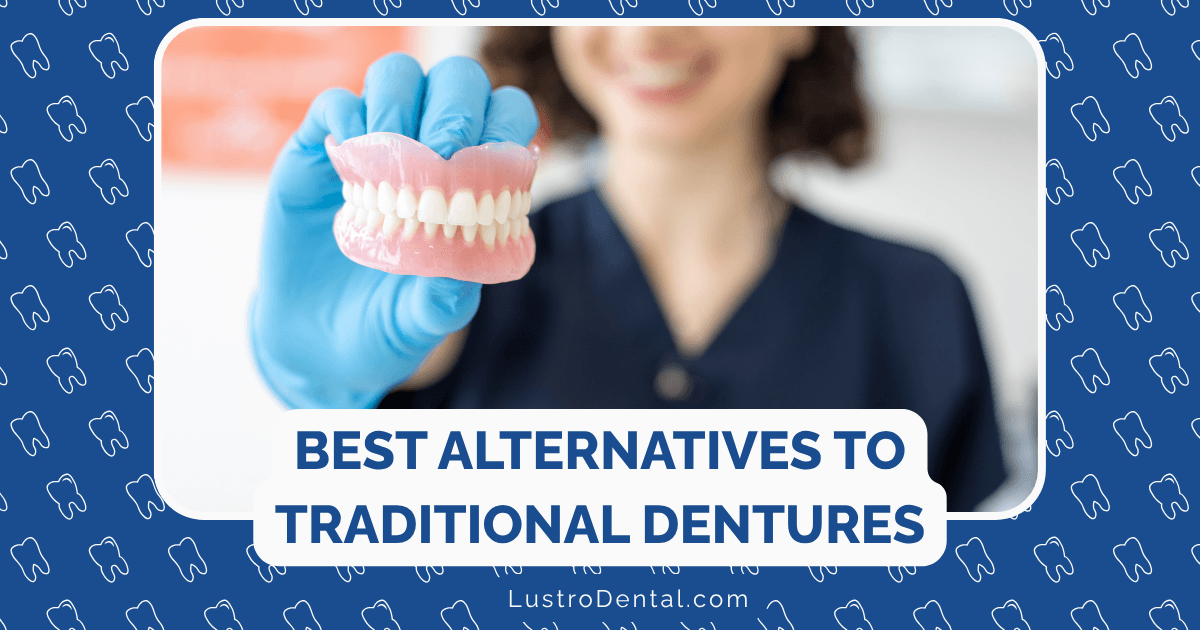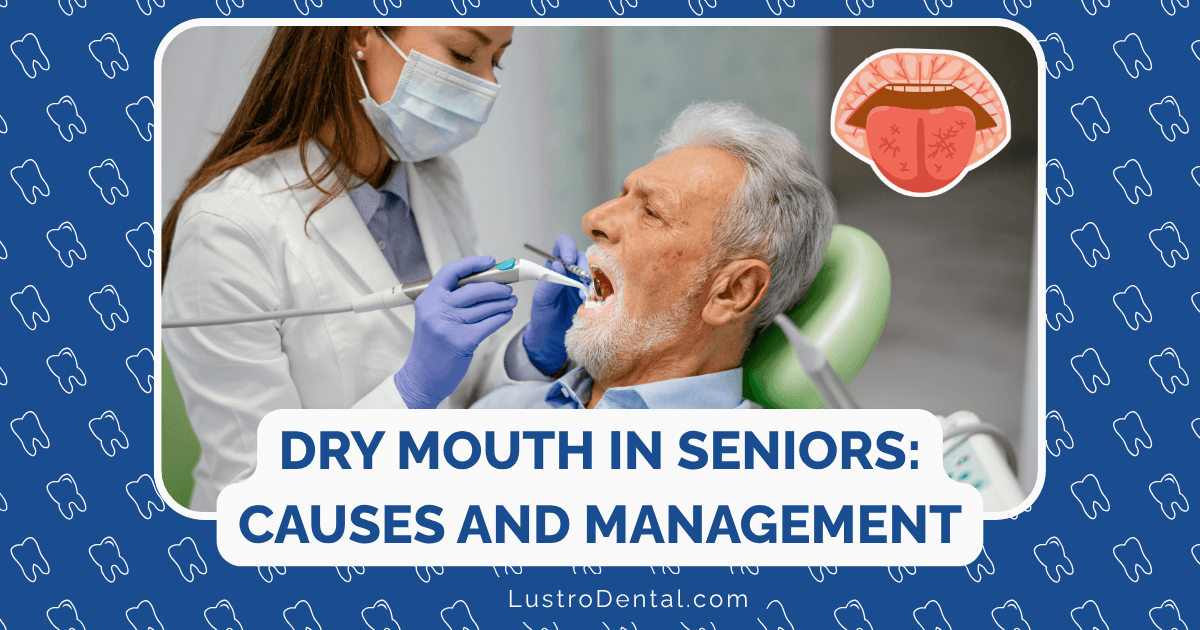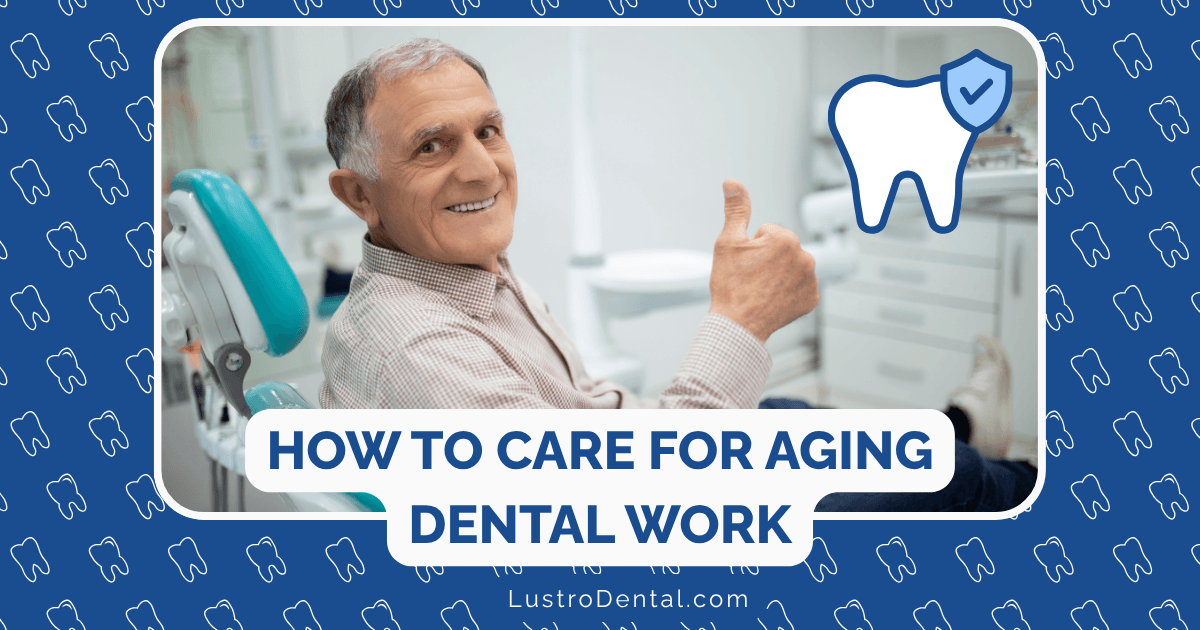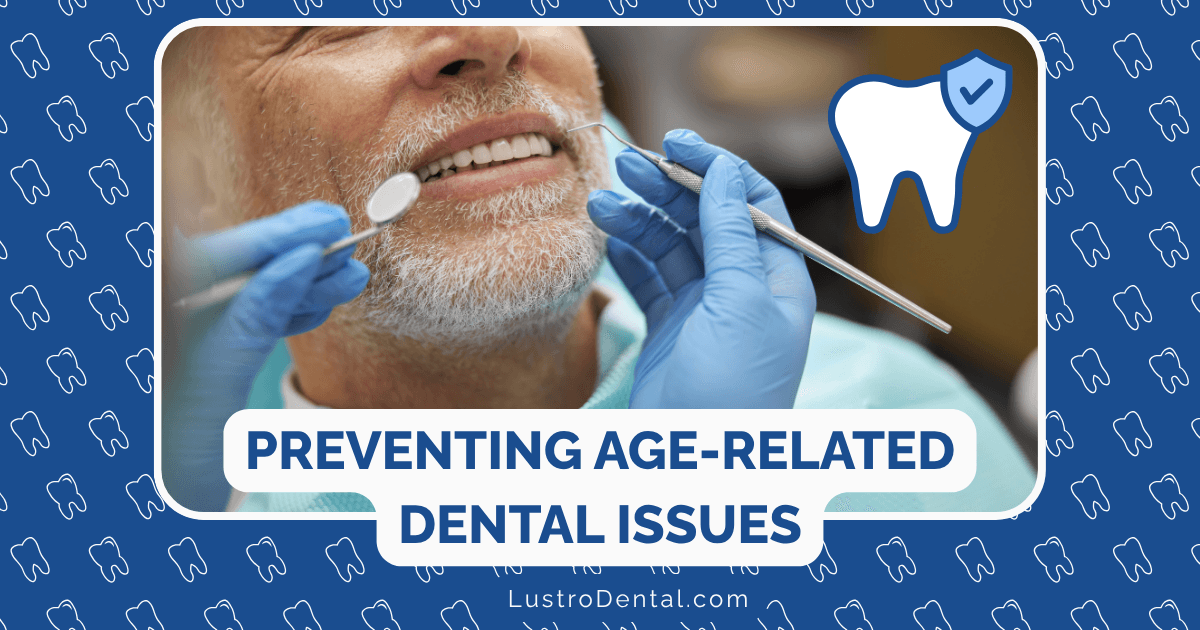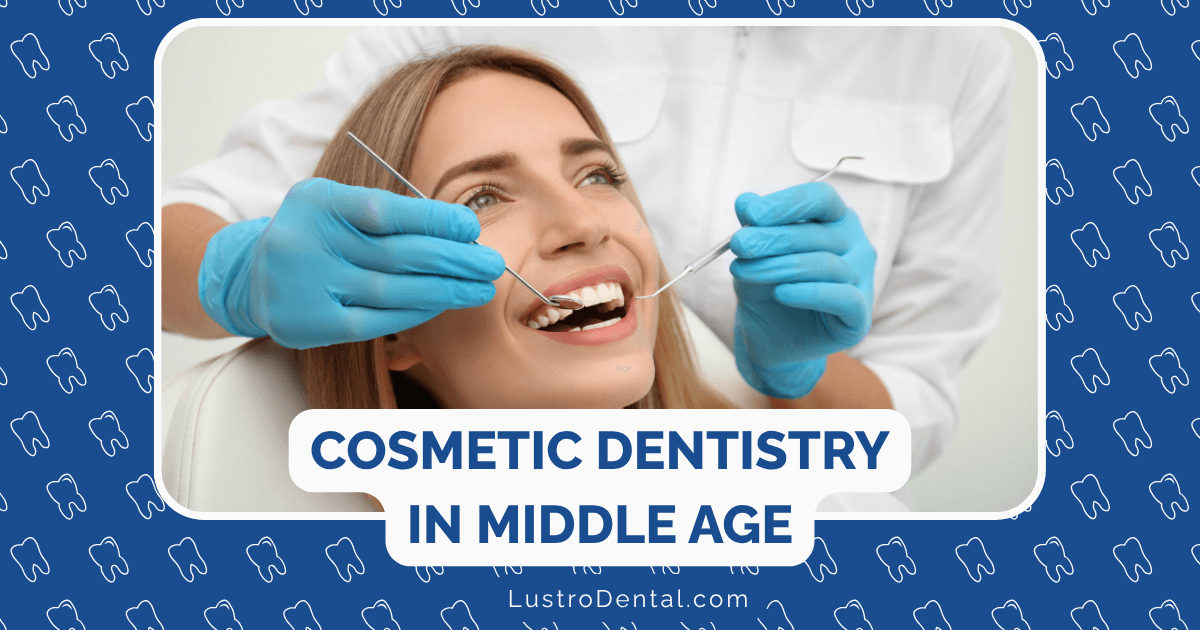Maintaining Dental Health on a Fixed Retirement Income: Practical Strategies for Seniors
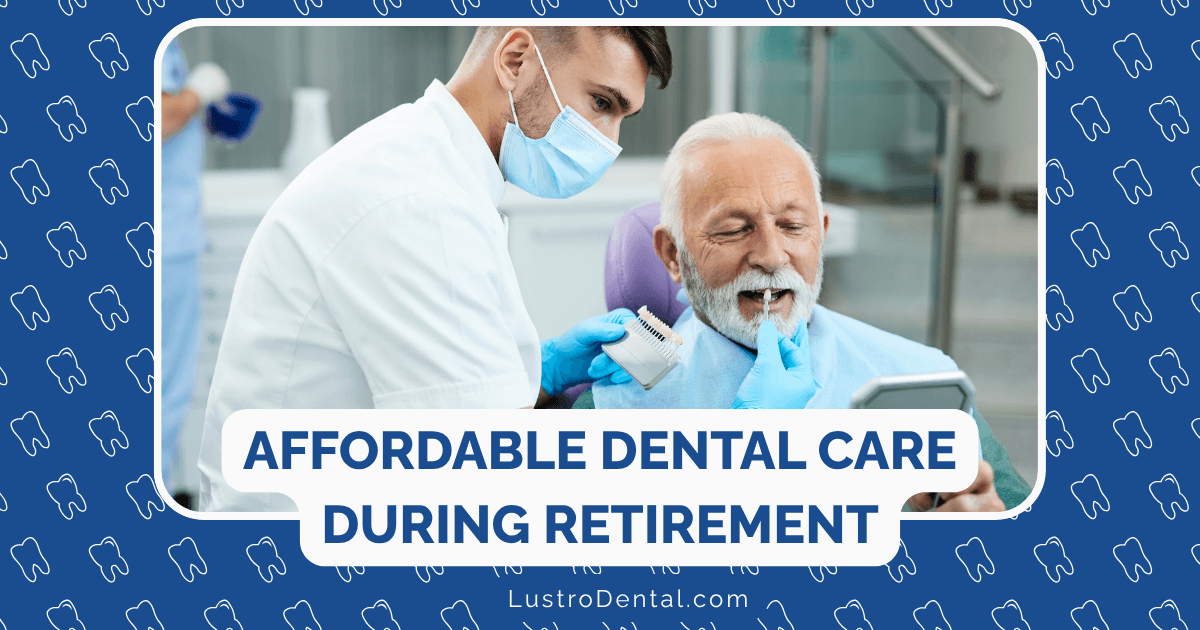
When I retired at 67, I had a solid financial plan for housing, utilities, groceries, and even some travel. What I hadn’t adequately prepared for? Dental expenses. After decades of employer-sponsored dental insurance, I was shocked to discover that Medicare wouldn’t cover my routine cleanings, let alone the crown I suddenly needed six months into retirement.
I’m not alone in this oversight. According to data from Smiles Included, approximately 65% of seniors have no dental insurance, and almost half of Medicare beneficiaries hadn’t visited a dentist in the previous year. For many retirees living on fixed incomes, dental care becomes a luxury they feel they can’t afford—often with serious consequences for both oral and overall health.
But here’s the good news: maintaining good dental health during retirement doesn’t have to break the bank. With some strategic planning, preventive care, and knowledge of available resources, you can keep your smile healthy without sacrificing your financial security.
Understanding the Retirement Dental Coverage Gap
First, let’s address the elephant in the room: the significant gap in dental coverage for seniors.
Medicare’s Limited Dental Coverage
Traditional Medicare (Parts A and B) provides almost no coverage for routine dental care. According to the Centers for Medicare & Medicaid Services, Medicare generally doesn’t cover:
- Routine dental exams and cleanings
- Fillings and extractions
- Dentures
- Most dental procedures, appliances, or supplies
There are only a few exceptions where Medicare might cover dental services:
- When they’re an integral part of a covered medical procedure (such as jaw reconstruction after an injury)
- Some dental examinations before kidney transplants or heart valve replacements
- Certain emergency or complicated dental procedures performed in a hospital
The Real Cost of Dental Care in Retirement
Without insurance, the out-of-pocket costs for dental care can be substantial:
- Basic exam and cleaning: $75-$200
- Full set of X-rays: $100-$300
- Filling: $150-$450
- Crown: $800-$1,500
- Root canal: $700-$1,500
- Full set of dentures: $1,000-$5,000
For a retiree on a fixed income, these costs can be prohibitive, leading many to postpone necessary care—a decision that often results in more serious and expensive problems down the road.
Insurance and Coverage Options for Seniors
Despite the challenges, several options exist to help manage dental costs during retirement:
Medicare Advantage Plans with Dental Benefits
Medicare Advantage (Part C) plans often include some dental coverage. According to NerdWallet, about 97% of Medicare Advantage plans offer some access to dental care, though benefits vary significantly:
- Basic preventive coverage: Most plans cover routine exams, cleanings, and X-rays at little or no cost
- Comprehensive coverage: Some plans also cover fillings, extractions, root canals, crowns, and dentures, typically with copays or coinsurance
- Annual limits: The average annual limit for dental benefits is around $1,300
“I opted for a Medicare Advantage plan specifically because it included dental coverage,” shares Robert, a 72-year-old retiree from Ohio. “It doesn’t cover everything, but knowing my cleanings and basic care are covered gives me peace of mind.”
Standalone Dental Insurance for Seniors
Several insurers offer dental plans specifically designed for seniors:
- Preventive-focused plans: These typically cover 100% of preventive care with premiums around $20-$30 monthly
- Comprehensive plans: These offer broader coverage for major procedures but come with higher premiums ($40-$70 monthly)
- Waiting periods: Many plans have waiting periods for major services, though some waive these if you had prior coverage
According to Senior Living, companies like Cigna, Mutual of Omaha, and Aetna offer plans specifically tailored to seniors’ needs, with varying levels of coverage and costs.
Dental Savings Plans (Dental Discount Plans)
These are not insurance but membership programs that provide discounts on dental services:
- How they work: You pay an annual fee (typically $100-$200) for access to a network of dentists who offer discounted rates
- Savings: Discounts usually range from 10% to 60% depending on the service
- Advantages: No waiting periods, annual maximums, or claim forms
- Considerations: You pay the discounted rate out-of-pocket at the time of service
“After comparing costs, I found that a dental discount plan saved me more than insurance would have,” explains Maria, 70, from Florida. “I pay $150 annually for the plan and save about 40% on all my dental work.”
In-House Membership Plans
Many dental practices now offer their own membership plans:
- How they work: You pay an annual fee directly to the dental practice
- What’s covered: Typically includes all preventive care and discounts on other services
- Cost: Usually $200-$400 annually, depending on the practice and included services
- Advantages: No insurance company involvement, often no waiting periods
“My dentist offers a senior membership plan for $300 a year that includes two cleanings, exams, X-rays, and 20% off all other treatments,” shares Thomas, 68, from Arizona. “It’s straightforward and actually saves me money compared to what I was paying for insurance.”
Preventive Strategies: The Most Cost-Effective Approach
The most economical dental strategy in retirement is preventing problems before they start. Here’s how to maximize your preventive efforts:
Enhanced Home Care Routine
As we age, our oral health needs change, requiring adjustments to our home care routine:
- Upgrade your toothbrush: Consider an electric toothbrush, which studies show removes more plaque than manual brushing
- Add interdental cleaning: Floss, water flossers, or interdental brushes clean between teeth where cavities and gum disease often begin
- Use fluoride products: High-fluoride toothpastes help strengthen enamel and prevent decay
- Consider alcohol-free rinses: These can help with dry mouth, a common issue for seniors that increases cavity risk
“I invested in a good electric toothbrush and water flosser when I retired,” notes Patricia, 74, from Washington. “At about $150 total, they’ve been worth every penny in preventing problems.”
Managing Medication Effects
Many medications commonly prescribed to seniors can affect oral health:
- Dry mouth: Over 500 medications cause reduced saliva flow, increasing cavity risk
- Management strategies:
- Stay hydrated by sipping water throughout the day
- Use over-the-counter dry mouth products
- Ask your doctor about alternative medications with fewer oral side effects
- Consider sugar-free gums or lozenges to stimulate saliva
Dietary Adjustments
Your diet significantly impacts your dental health:
- Limit sugary foods and beverages: Sugar feeds cavity-causing bacteria
- Reduce acidic foods and drinks: Acids can erode enamel, especially with age
- Increase calcium and vitamin D: These nutrients help maintain bone density, including in your jaw
- Choose crunchy fruits and vegetables: These naturally clean teeth and stimulate saliva
Regular Professional Care
Even on a tight budget, professional dental care remains essential:
- Preventive visits: Aim for at least annual (ideally semi-annual) cleanings
- Early intervention: Address small problems before they become expensive emergencies
- Ask about preventive treatments: Fluoride varnishes and sealants can prevent decay and are often relatively inexpensive
Cost-Saving Strategies for Dental Care
Beyond insurance and prevention, several strategies can help manage dental costs in retirement:
Explore Dental Schools and Community Health Centers
- Dental schools: Offer services performed by supervised students at 30-50% less than private practices
- Community health centers: Federally qualified health centers often provide dental services on a sliding fee scale
- Hospital dental clinics: Some hospitals have dental departments that offer reduced-cost care
“I get my dental work done at the local university’s dental school,” says James, 71, from Michigan. “The appointments take longer, but the care is excellent and costs about half what I’d pay elsewhere.”
Utilize Health Savings Accounts (HSAs) and Flexible Spending Accounts (FSAs)
If you’re still working part-time or have these accounts from previous employment:
- HSAs: Funds never expire and can be used tax-free for qualified dental expenses
- FSAs: Must be used within the plan year but provide tax advantages for dental care
Ask About Payment Options
Many dentists understand seniors’ financial constraints and offer solutions:
- Senior discounts: Many practices offer 5-15% discounts for seniors but don’t advertise them
- Payment plans: Some dentists offer interest-free payment plans for larger procedures
- Cash discounts: Paying in cash may qualify you for a reduction in fees
- Treatment phasing: Breaking up extensive work into phases to spread costs over time
“I was upfront with my dentist about my fixed income,” explains Eleanor, 76, from Texas. “She offered me a 10% senior discount and let me pay for my crown in three monthly installments, which made it manageable on my budget.”
Consider Dental Tourism Carefully
Some seniors travel to other countries for major dental work at reduced costs:
- Potential savings: 50-70% on major procedures like implants or full-mouth reconstruction
- Considerations: Research credentials thoroughly, factor in travel costs, and plan for follow-up care
Look for Clinical Trials
Dental schools and research institutions sometimes conduct clinical trials:
- How to find them: Check ClinicalTrials.gov or contact dental schools directly
- Benefits: May provide free or reduced-cost treatments in exchange for participation
Creating a Dental Budget in Retirement
Planning for dental expenses should be part of your overall retirement budget:
Monthly Allocation
Consider setting aside a specific amount monthly for dental care:
- Basic budget: $50-75 monthly ($600-900 annually) for preventive care and minor work
- Enhanced budget: $100-150 monthly ($1,200-1,800 annually) if you anticipate more extensive needs
Emergency Fund for Dental Work
Beyond your regular budget, establish a dental emergency fund:
- Target amount: $1,000-2,000 to cover unexpected procedures
- Building strategy: Start with whatever you can afford and add to it consistently
“I put $75 a month into my ‘dental fund,'” shares William, 69, from Colorado. “It covers my regular cleanings, and I’ve built up enough reserve to handle a crown or root canal if needed without financial stress.”
Advocating for Yourself: Getting the Most Value
Being an informed, proactive patient can help maximize your dental care dollars:
Ask Questions
- Request detailed treatment plans: Understand exactly what’s being recommended and why
- Explore alternatives: Ask if there are less expensive options that would still address the problem
- Understand priorities: Know which treatments are urgent and which can wait
Second Opinions
For major procedures:
- When to get them: For any treatment over $500 or that you’re unsure about
- How to approach: Let your dentist know you’d like time to consider options; most will understand
Negotiate When Possible
- Fee discussions: Some fees may be adjustable, particularly if you’re paying out-of-pocket
- Bundle services: Ask if there’s a discount for having multiple procedures done at once
Resources for Affordable Senior Dental Care
Several organizations provide resources specifically for seniors seeking affordable dental care:
- State Health Insurance Assistance Program (SHIP): Free counseling on Medicare and other insurance options
- Dental Lifeline Network: Connects seniors and disabled individuals with volunteer dentists
- Area Agencies on Aging: Can direct you to local dental resources for seniors
- Veterans Affairs: Dental benefits for qualifying veterans
- NeedyMeds: Information on assistance programs and low-cost dental clinics
The Bigger Picture: Oral Health and Overall Wellness
While managing dental costs is important, remember that oral health is intrinsically connected to overall health:
- Cardiovascular health: Gum disease has been linked to increased risk of heart disease and stroke
- Diabetes management: Periodontal disease can make blood sugar control more difficult
- Respiratory health: Poor oral hygiene has been associated with pneumonia, particularly in older adults
- Nutrition: Dental problems can limit food choices, potentially leading to nutritional deficiencies
“I prioritize my dental care because I understand it’s not just about my teeth—it’s about my whole body,” explains Margaret, 78, from New York. “Preventing dental problems helps me stay healthier overall and actually saves me money on other medical expenses.”
Looking Ahead: Policy Changes on the Horizon
The landscape of dental coverage for seniors may be changing:
- Starting in 2025, Medicare will expand coverage for dental services related to certain medical conditions, including end-stage renal disease
- Advocacy groups continue to push for comprehensive dental benefits under Original Medicare
- The Oral Health Products Inclusion Act, if passed, would allow FSA and HSA funds to be used for everyday oral care products like toothbrushes and toothpaste
The Bottom Line: Proactive Planning Makes a Difference
Maintaining dental health on a fixed retirement income requires planning, prevention, and knowledge of available resources—but it is absolutely possible. By combining smart insurance choices, preventive strategies, cost-saving approaches, and advocacy for yourself, you can preserve both your oral health and your financial well-being during your retirement years.
Remember: investing in preventive dental care now is almost always less expensive than addressing major problems later. Your smile is worth it—and so is your peace of mind.
Have you found creative ways to manage dental expenses in retirement? Share your experiences and tips in the comments below to help other retirees navigate this important aspect of health and financial planning.



